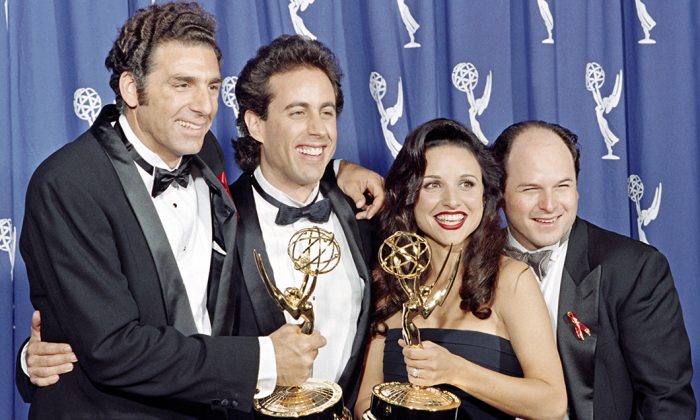“Your right not to listen is the only valid form of censorship in art,” stated English comedian Ricky Gervais.
Long gone are the days when classic shows like “The Mary Tyler Moore Show” or “All In The Family” could be easily found by flipping through channels.
“Where has it all gone?” Seinfeld wonders, reflecting the sentiments of audiences who miss the days of carefree laughter.
The decline of comedy is not exclusive to the United States.
In Australia in the eighties, there was a rich comedy scene with shows like The Comedy Company, The Paul Hogan Show, the D Generation, and Norman Gunston, among others.
As time went on, iconic shows like Kath and Kim, Fast Forward, and standout comedians like Carl Barron continued to entertain audiences.
Despite the rich history of comedy, the landscape is changing, with comedians like Ricky Gervais pointing out the challenges of navigating cancel culture.
Gervais emphasizes the importance of free speech in comedy and criticizes the trend of censorship driven by a few offended individuals.
While established comedians like Seinfeld and Gervais have been able to thrive in the industry, emerging talents face a tougher road ahead.
Even major broadcasters like the BBC are feeling the impact, with a significant decline in original comedy programming over the past decade.
In a world where comedy is under scrutiny and comedians must carefully navigate the boundaries of political correctness, the future of the genre remains uncertain.
As society grapples with changing norms and expectations, the fate of comedy hangs in the balance, leaving many to ponder whether the true spirit of comedy can ever be fully revived.





